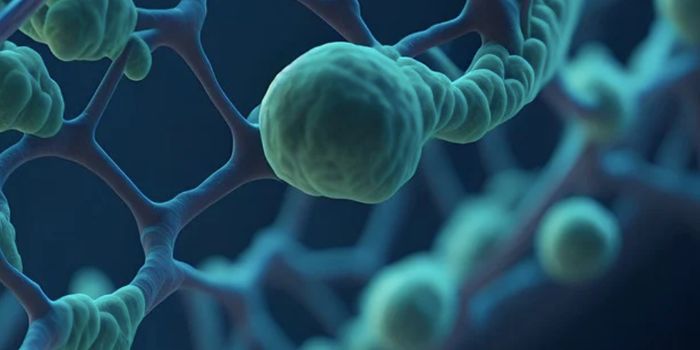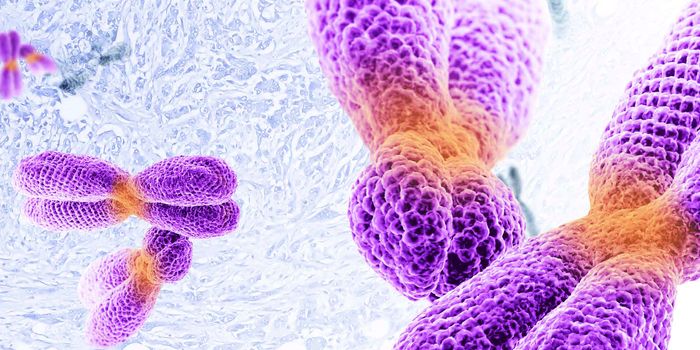A New Prognostic Biomarker for Paclitaxel Sensitivity in Breast Cancer
Breast cancer is one of the deadliest cancers globally. It has been studied extensively with plenty of treatments available. Cancers tend to have subtle characteristics that can make them resistant or sensitive to one form of treatment or another. The key to modern therapy lies in identifying which treatment works best for each patient.
Paclitaxel is a chemotherapy drug that targets the microtubules in a cell and is a first-line treatment for many cancers. Microtubules are an essential component of a cell’s skeleton and play a role in cellular division. Paclitaxel prevents microtubules from functioning properly and is a proven chemotherapy. Unfortunately, it is only effective in 20% of breast cancer patients. Identifying which patients would react favorably to paclitaxel and other such therapies is critical and could cut down on costly ineffective treatment choices.
A team from the Universite Paris-Saclay in France had tackled this problem before and identified the protein ATIP3 as a biomarker to predict if a breast cancer patient has a taxane sensitive tumor. ATIP3 is a protein involved in microtubule stabilization. When levels were low in a cancer, it was paclitaxel sensitive, although it had a more aggressive nature. In a new study, they investigated why low ATIP3 levels were a marker of paclitaxel sensitivity.
They began by examining how taxane-based chemotherapy affected a cohort of breast cancer patients. ATIP3 deficient patients had decreased metastasis after treatment, compared to others of the cohort that showed no change in metastasis post-treatment. Cell assays found that ATIP3 managed to improve paclitaxel’s anti-metastatic activity by increasing paclitaxel accumulation within the cell itself.
This study managed to identify that ATIP3 deficiency caused paclitaxel to accumulate in cells. They note that other studies have seen similar results with other microtubule destabilizers. One group even showed that the addition of a destabilizer could increase paclitaxel’s effectiveness in vitro. What makes ATIP3 deficiency unique is that it can be tested for, making it a potential biomarker for taxane sensitive breast cancers.
The study concludes, “we show here that ATIP3 deficiency in breast cancer facilitates paclitaxel accumulation on the microtubule lattice of interphase cells, and improves the anti-migratory and anti-metastatic effects of the drug.” With further validation, ATIP3 testing could give patients more options for a tailored therapy that is right for them.
Sources: Nature Scientific Reports, OncLiveTV









